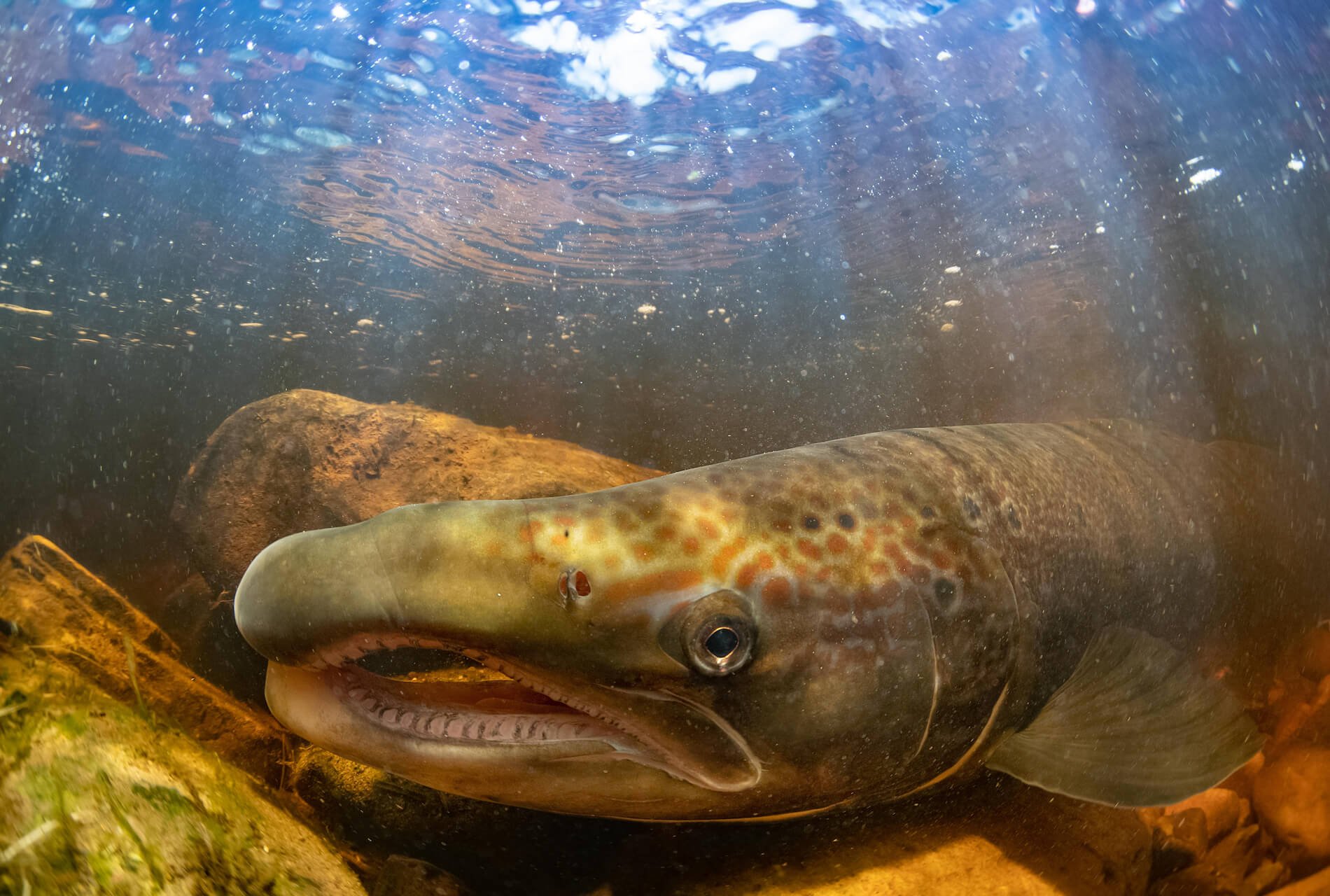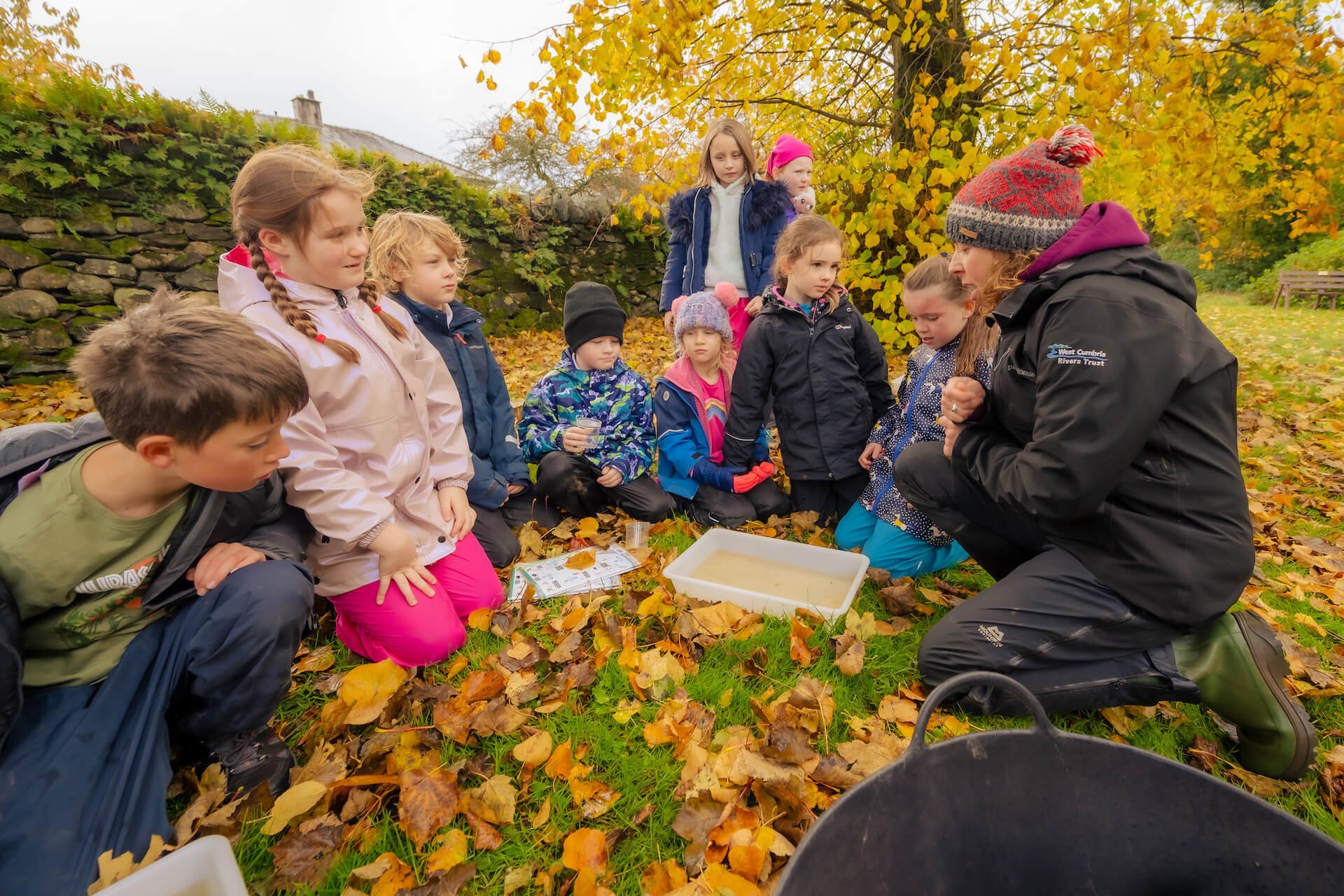
News
Have you seen Ratty?
Izzie Mullin, Invasives Officer for West Cumbria Rivers Trust posing with ‘Ratty’
West Cumbria Rivers Trust leads the way in highlighting urgent water quality issues in Derwent Water
West Cumbria Rivers Trust lead the way in highlighting urgent water quality issues in Derwent Water.
Major works open up new ‘Routes’ for woodland
Wildlife and local community benefit from woodland and river works.

About us
We have been protecting and preserving our waterways and blue spaces since 2009. Formed around a kitchen table by volunteers, we have come a long way since then, winning four awards and supporting internationally important habitats and their wildlife.




















